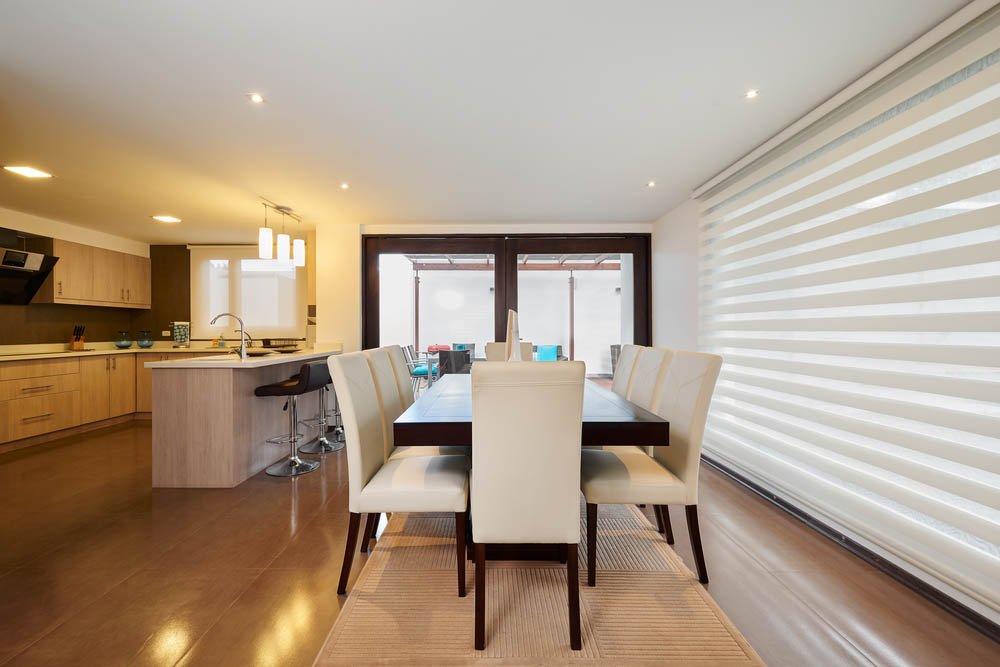Over time, the needs we have from our home change as our lives change. Children are born or leave home, an older family member may need to come and stay or an older child might need to live with the family again for a time. Sometimes, it is just that we have different needs from the space in our home and there isn’t quite enough so we consider moving to another. But is there a case for extending your home rather than moving? And how do you decide?
Why extending might be perfect
Let’s look at the argument for extending your home first. The property itself, the location and your budget can all have an impact on what you can do in terms of an extension. For example, some areas around Cheltenham might be in conservation areas or be a listed building that severely limits what you can do. But a good builder will quickly give you ideas about what options are available to help you decide.
With extending your property, once you know it is possible, there are countless options. Single storey extensions are one of the most popular styles and can be used for almost any purpose. They can serve as an extra bedroom, a dining room, a hobby room or even another sitting room. En-suite bathrooms can be incorporate or they can extend existing rooms such as the kitchen or living room.
The main consideration for extensions is the cost involved and the disruption to life while the work is being done. You can use the Planning Portal from the government to get ideas about the potential costs and a good builder will give you a no obligation quote. Also, remember you will have to live in the house while the work is being done.
Why moving house might be the answer
For other people, the idea of moving house to acquire the space needed is the preferred option. The cost of adding an extension can be substantial and the disruption to life, while it is done, can be harassing. Some people opt to move home because the cost of the extension doesn’t equal the gain in the value of the house and therefore it is better to reinvest the money elsewhere.
There are costs to consider when moving house, however. Estate agency fees, solicitor’s fees, search fees and stamp duty all have to be factored into the decision. Then there are removal costs, decorating the new property and the upheaval of moving itself. Finally, you likely need to get a mortgage and the market is a little more restricted than in previous years after the financial turmoil of the last decade.
Conclusion
There’s no right and wrong answer to the question of whether it is better to extend or to move. It depends on your needs, your attachment to your current home and the availability of the property you require. If you feel that you can’t face a move or can’t find the right property, then extending may be perfect. But if you don’t like the idea of spending more money on the existing house or facing the disruption, then a move may be on the cards.
 REVIEW US!
REVIEW US!






